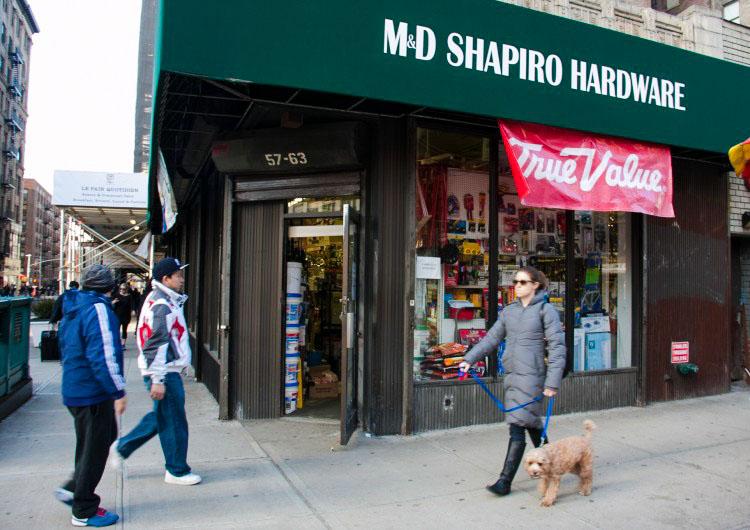Small business optimism inched up in October in the run-up to the presidential election, while uncertainty rose to its highest recorded level as owners continued to face “unprecedented” levels of economic adversity, according to the National Federation of Independent Business (NFIB).
The NFIB’s optimism index rose by 2.2 points in October to 93.7, the group announced on Nov. 12. The reading marked the 34th consecutive month below the group’s 50-year average of 98, as low sales, unfilled job openings, and inflation continued to pressure small business owners.





